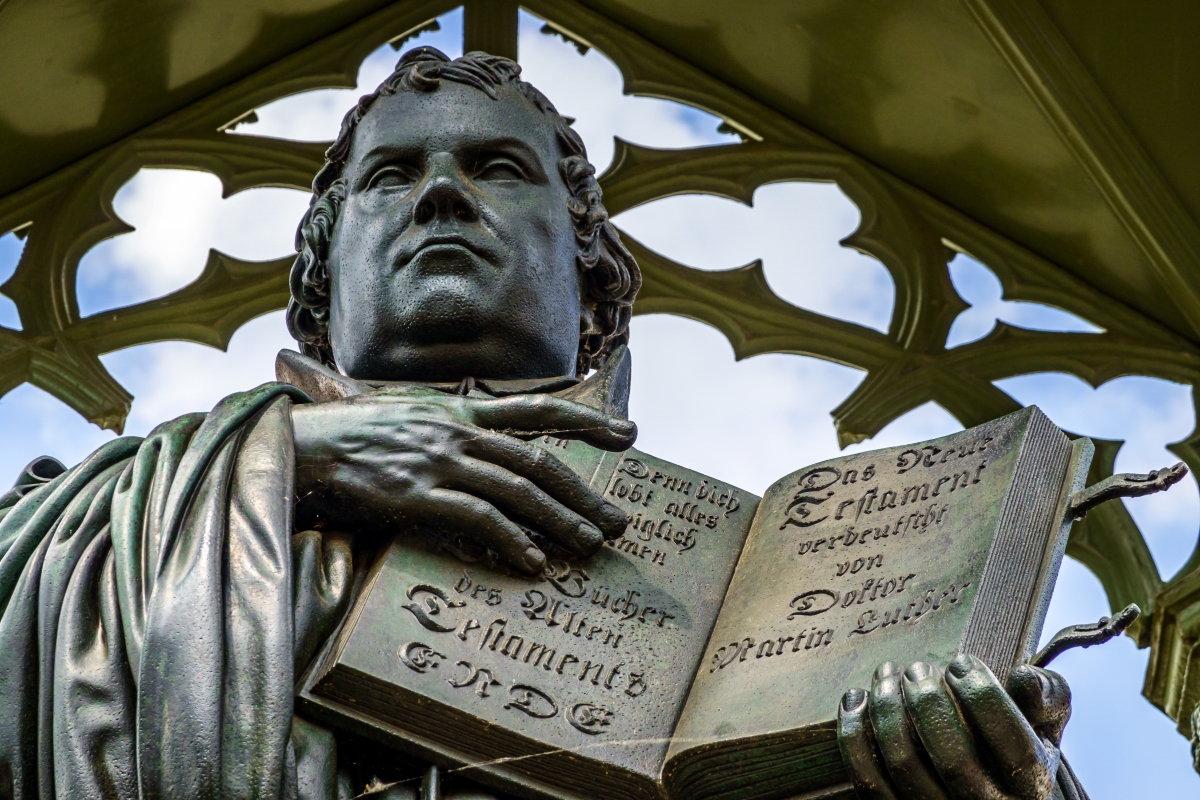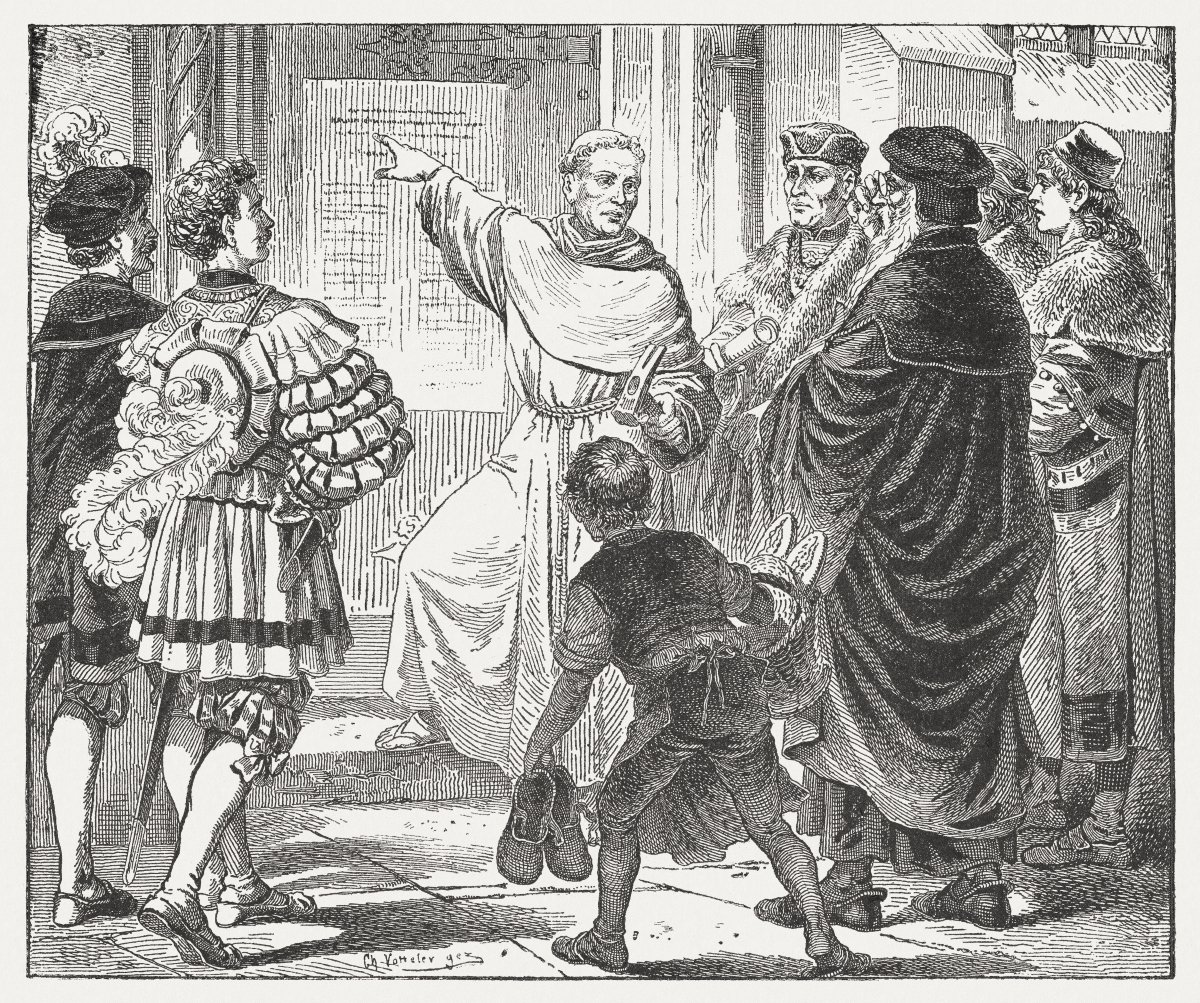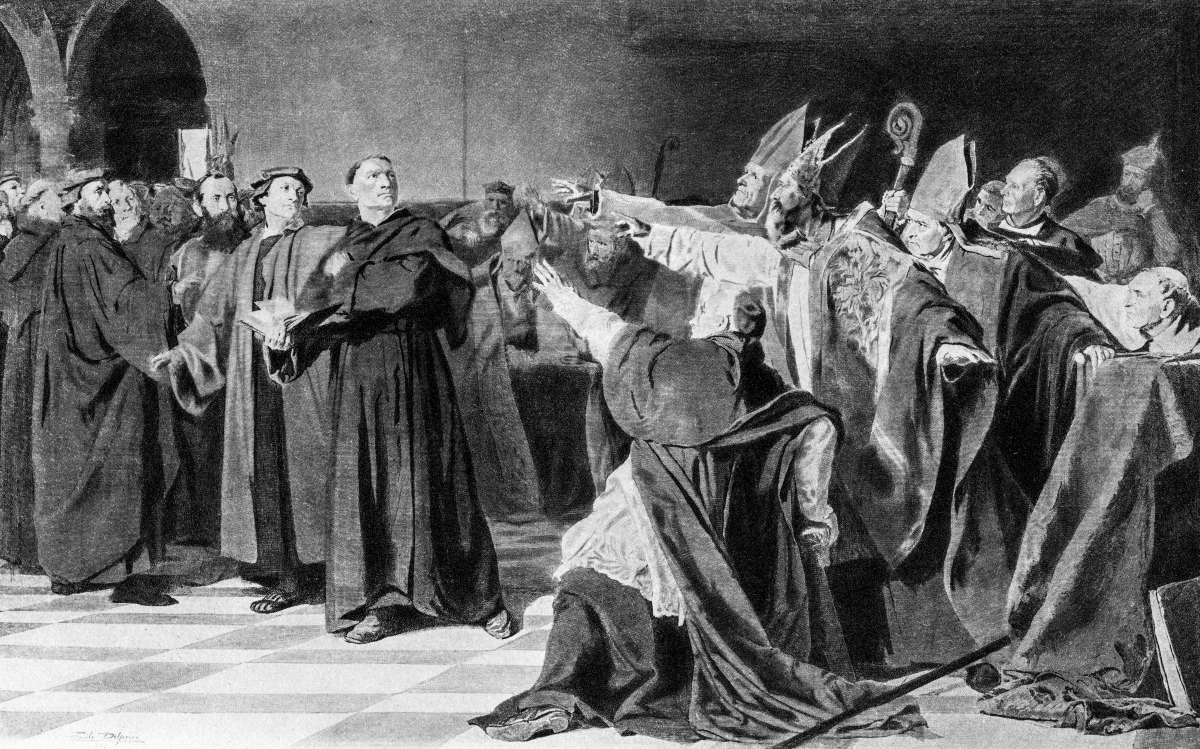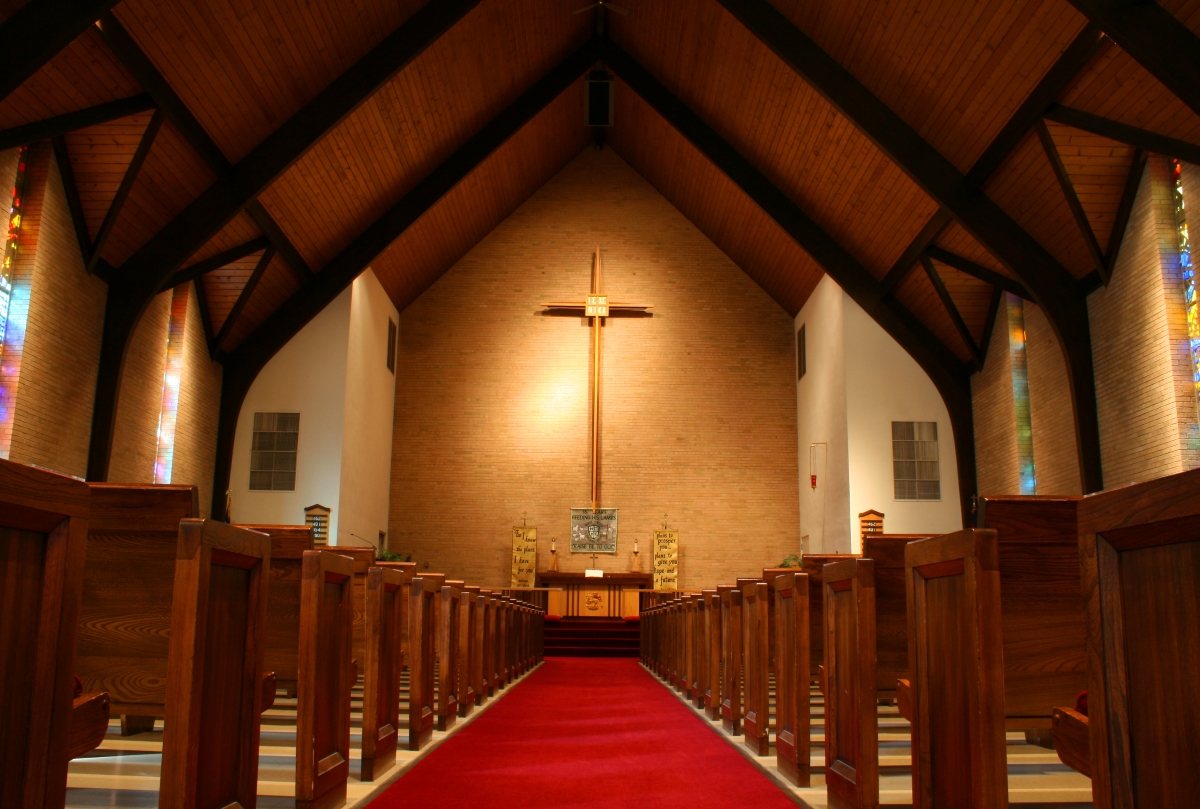The Protestant Reformation: A Turning Point in Christian History
The Protestant Reformation had a lasting impact on Western Christianity that helped shape today’s religious landscape.
The Protestant Reformation was a pivotal moment in the history of Christianity that marked a significant departure from the religious, political, and cultural structures that had defined Western Europe for centuries. Initiated by Martin Luther’s 95 Theses, the Reformation sparked a period of religious upheaval and transformation.

The abuses of the Catholic Church were seen as evidence of a corrupt and decadent hierarchy that had strayed far from the scriptural teachings and spiritual purity of early Christianity. The Protestant Reformation offered Christians new ways to understand and practice their faith, away from the excesses of the traditional church. The following story explores what led to the schism, notes the key players and events in the Reformation, and the lasting impact this period has had on modern practices of Christianity.
What led to the Protestant Reformation?

The Reformation was driven by wide ranging criticisms of the Catholic Church during the 16th century. These criticisms sparked debates and protests that ultimately led to the emergence of Protestant movements seeking to restore the authentic teachings and practices of early Christianity. Some of the major criticisms that fueled the Reformation include:
1.Sale of Indulgences
One of the most prominent issues was the widespread practice of selling indulgences. Indulgences were believed to grant remission of temporal punishment for sins, either for oneself or for loved ones who had passed away. Critics argued that the sale of indulgences misled and exploited people’s faith because it reduced salvation to a financial transaction.
2. Corruption and Worldliness
Reformers accused the Catholic Church of becoming corrupt and worldly, therefore challenging the Church’s spiritual authority. They pointed to instances of moral and ethical misconduct among clergy, such as bribery, nepotism, and indulgence in lavish lifestyles, and questioned its ability to righteously guide the faithful.
3. Papal Authority and Excessive Power
Some reformers challenged the authority and power of the Pope, arguing that it exceeded biblical and historical limits. They rejected the Pope’s claim to infallibility and criticized the centralized structure of the Church, which they believed hindered the autonomy of local churches and undermined the priesthood of all believers.
4. Biblical Interpretation/Access to Scripture
Reformers advocated for the translation of the Bible into vernacular languages and for wider access to Scripture – every individual should be able to read and interpret the Bible for themselves This emphasis on personal engagement with Scripture took away the Church’s rigid control over religious knowledge.
5. Justification by Faith Alone
The doctrine of justification by faith alone was a central theological point of contention. Reformers emphasized that salvation was a result of God’s grace received through faith in Jesus Christ, rather than through works or adherence to rituals. This position helped contribute to a broader theological shift within the Reformation.
Key Events and Protagonists of the Reformation

In 1517,German monk and theologian Martin Luther took a stand by posting his 95 Theses on the door of All Saints’ Church in Wittenberg. Luther’s theses critiqued the sale of indulgences and called for a return to the Bible as the ultimate authority in matters of faith and practice.
Luther’s emphasis on individual faith and direct access to God through scripture challenged the authority of the Church hierarchy. He believed that salvation could be attained through faith alone, rather than relying on sacraments or good works prescribed by the Church.
Another momentous event was Luther’s translation of The Bible into vernacular German (it was previously in Latin). This shift allowed ordinary people to read and interpret Scripture for themselves, empowering them with knowledge and challenging traditional interpretations.
The Diet of Worms in 1521 marked another significant moment during which Luther defended his beliefs before Emperor Charles V. Despite facing potential consequences for his dissenting views, Luther refused to recant his teachings and famously stated: “Here I stand; I can do no other.”
King Henry VIII played an indirect role in reform in England. His split with the Pope in order to divorce led to the founding of the Church of England. While not a Protestant himself, Henry VIII opened the door for Protestant ideas to take hold in England, including the translation of the Bible into English. While the English monarch did not agree with all of the teachings of the Protestant Reformers, he was willing to use their ideas to further his own political and personal goals.
The Lasting Impact of the Reformation

The Protestant Reformation has had a profound and lasting impact on Christianity. It led to the establishment of various Protestant denominations, each with their own distinct beliefs and practices. It also helped to spread literacy and education throughout Europe, and it also contributed to the development of modern democracy.
The Reformation also contributed to an increased focus on the centrality of Scripture and the importance of a personal relationship with God, as well as the principle of religious freedom and the separation of church and state.
Conclusion
The Protestant Reformation was a transformative and tumultuous period in Christian history that challenged the authority of the Roman Catholic Church and led to the formation of new denominations, each seeking to return to the teachings and practices of early Christianity.
SKM: below-content placeholderWhizzco for FHB

